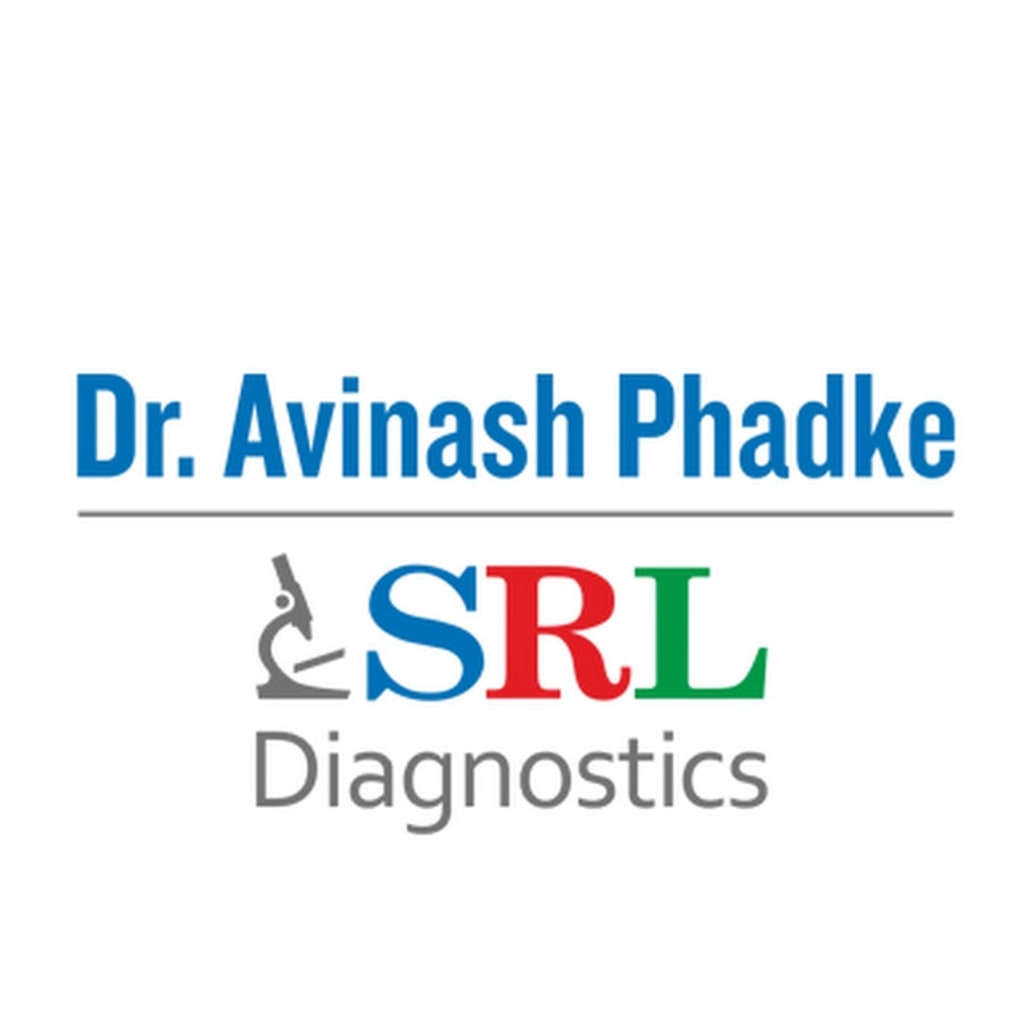Heart Attacks, Strokes, and Heart Damage: Symptoms, Causes, and Treatments
Symptoms, Causes, and Treatments of Heart Attacks, Strokes, and Heart Damage

Heart Attacks and Heart Stroke: Symptoms, Causes, and Treatment
Heart attacks and heart stroke are both serious cardiovascular conditions that can have life-threatening consequences. The two heart conditions are similar in symptomology, but they are treated differently and their causes and causes differ as well. It is important to know the difference between the two if you want to recognize the signs of a heart attack or stroke and seek medical attention as soon as possible.
What is a Heart Attack?
A heart attack occurs when the flow of oxygen-rich blood to the heart is blocked by a blood clot or other obstruction. In the event that this is not addressed quickly, it can result in permanent damage to the heart muscle. In addition to chest pain, shortness of breath, sweating, lightheadedness, nausea, and shortness of breath, heart attacks may cause chest pressure or pressure on the chest.
What is a Heart Stroke?
A heart stroke is different from a heart attack in that it is caused by a blockage of blood flow to the brain, rather than the heart. The blockage prevents the brain from getting the oxygen and nutrients it needs, which can damage brain cells. Symptoms of a heart stroke can include dizziness, confusion, trouble speaking or understanding speech, and numbness or weakness in the face, arm, or leg.
What Causes Heart Attack and Heart Stroke?
The causes of heart attack and heart stroke can vary, but some of the most common causes include high blood pressure, high cholesterol, diabetes, smoking, and a sedentary lifestyle. In addition, any condition that narrows or blocks the blood vessels, such as atherosclerosis or a blood clot, can increase the risk of both heart attack and heart stroke.
Heart Damage from Heart Attack and Heart Stroke
The damage from a heart attack or heart stroke can vary depending on the severity and the amount of time it takes to get medical attention. It is possible to have scar tissue, weakened muscle mass, and reduced blood flow to the heart as a result of a heart attack. There are many health complications associated with a heart attack, including paralysis, language and speech impairments, and memory loss. The risk of long-term damage is reduced when medical attention is sought as soon as possible in both cases.
Treatment for Heart Attack and Heart Stroke
The treatment for heart attack and heart stroke can vary depending on the severity and the underlying cause. Treatment for a heart attack may include medications to dissolve the blood clot, angioplasty to open a blocked artery, or bypass surgery to restore blood flow. Treatment for a heart stroke may include medications to reduce brain swelling, physical therapy to help with muscular weakness, or rehabilitation to help with communication and memory. In either case, it is important to seek medical attention as soon as possible to reduce the risk of long-term damage.
Conclusion
Heart attack and stroke are serious medical conditions that can lead to death or disability if not treated promptly and appropriately. Symptoms of heart attack and stroke can vary and may include chest pain, shortness of breath, confusion, difficulty speaking or understanding speech, or difficulty walking. The most common cause of a heart attack is a blockage or narrowing of the coronary arteries due to plaque buildup. Treatment of heart attack and stroke is aimed at restoring blood flow to the heart or brain, and can include medications, angioplasty, or surgery. Long-term damage from a heart attack can include weakened heart muscle, heart valve damage, abnormal heart rhythms, and scarring of the heart muscle, which can lead to heart failure or death.





Comments
There are no comments for this story
Be the first to respond and start the conversation.